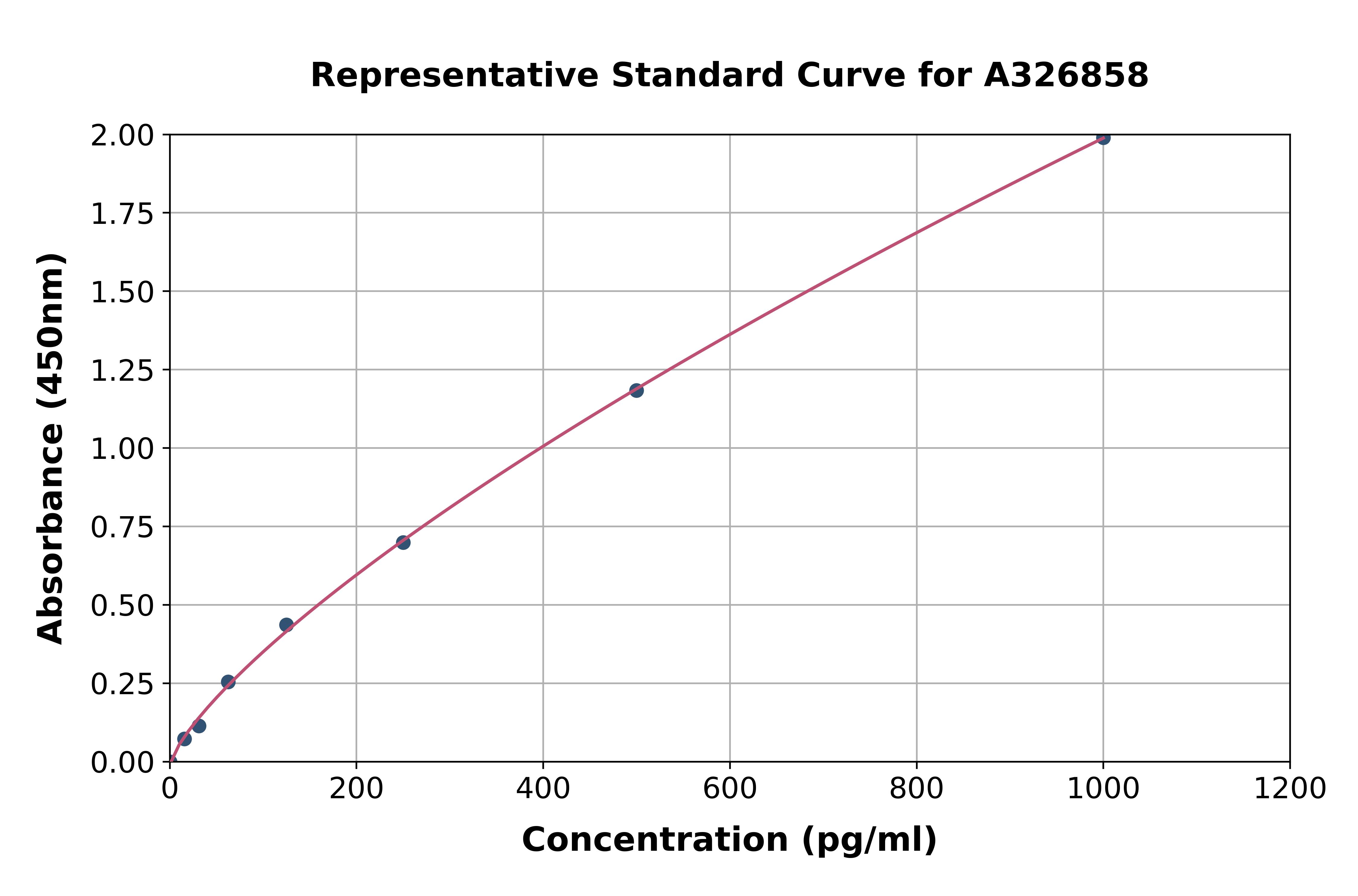Human Intact PTH / Parathyroid Hormone ELISA Kit
ARG80779
Product group Assays
Overview
- SupplierArigo Biolaboratories
- Product NameHuman Intact PTH / Parathyroid Hormone ELISA Kit
- Delivery Days Customer23
- ApplicationsELISA
- Assay Sensitivity1.57 pg/ml
- Assay Time3 h, 30 min (RT/shaker)
- CertificationResearch Use Only
- ConjugateHRP
- Protein IDP01270
- Protein NameParathyroid hormone
- Scientific DescriptionPTH (Parathyroid hormone, Parathormone, Parathyrin) is biosynthesized in the parathyroid gland as a pre-proparathyroid hormone, a larger molecular precursor consisting of 115 amino acids. Following sequential intracellular cleavage of a 25-amino acid sequence, preproparathyroid hormone is converted to an intermediate, a 90-amino acid polypetide, proparathyroid hormone. With additional proteolytic modification, proparathyroid hormone is then converted to parathyroid hormone, an 84 amino acid polypeptide. In healthy individuals, regulation of parathyroid hormone secretion normally occurs via a negative feedback action of serum calcium on the parathyroid glands. Intact PTH is biologically active and clears very rapidly from the circulation with a half-life of less than four minutes. PTH undergoes proteolysis in the parathyroid glands, but mostly peripherally, particularly in the liver but also in the kidneys and bone, to give N-terminal fragments and longer lived C-terminal and midregion fragments. In subjects with renal insufficiency, C-terminal and midregion PTH assays typically give elevated PTH results, as reflected by impaired renal clearance. Intact PTH assays are important for the differentiation of primary hyperparathyroidism from other (non-parathyroid-mediated) forms of hypercalcemia, such as malignancy, sarcoidosis and thyrotoxicosis. The measurement of parathyroid hormone is the most specific way of making the diagnosis of primary hyperparathyroidism. In the presence of hypercalcemia, an elevated level of parathyroid hormone virtually establishes the diagnosis. In over 90% of patients with primary hyperparathyroidism, the parathyroid hormone will be elevated. The most common other cause of hypercalcemia, namely hypercalcemia of malignancy, is associated with suppressed levels of parathyroid hormone or PTH levels within the normal range. When intact PTH level is plotted against serum calcium, the intact PTH concentration for patients with hypercalcemia of malignancy is almost always found to be inappropriately low when interpreted in view of the elevated serum calcium. Unlike C-terminal and midregion PTH, which typically are grossly elevated in subjects with renal insufficiency, intact PTH assays are less influenced by the declining renal function. PTH values are typically undetectable in hypocalcemia due to total hypoparathyroidism, but are found within the normal range in hypocalcemia due to partial loss or inhibition of parathyroid function.
- Storage Instruction2°C to 8°C
- UNSPSC41116100
- SpeciesHuman




